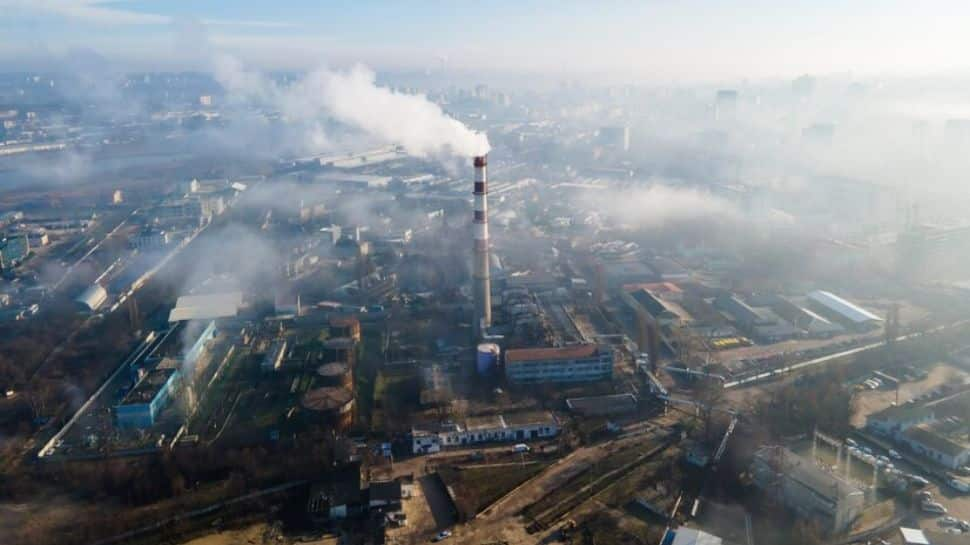Growing pollution levels across the globe, especially in India, have raised concerns about cardiac health. Dr Manoj Kumar, Principal Director & Unit Head – Cath Lab Cardiac Sciences, Max Super Speciality Hospital, Patparganj, shares, “The escalating concern over air pollution’s impact on cardiovascular health has garnered significant scientific attention, affirming the urgent need for effective countermeasures. Urban centres, battling soaring levels of air pollution, face an increased incidence of cardiac conditions, including arrests, attributed largely to the pervasive presence of fine particulate matter (PM2.5). These microscopic pollutants, once inhaled, traverse beyond the lungs into the bloodstream, inciting systemic inflammation and elevating the risk of heart disease.”
Given this backdrop, adopting targeted strategies to minimise exposure and bolster heart health is of paramount importance, says Dr Kumar. He lists the following seven steps to deal with growing pollution and safeguard heart health:
1. Enhanced Air Quality Vigilance: Continuous monitoring of local Air Quality Index (AQI) readings, through dependable digital platforms, equips individuals with the knowledge to avoid outdoor exposure during peak pollution episodes. Tailoring outdoor activities to coincide with periods of improved air quality can markedly diminish the risk of inhaling harmful pollutants.
2. Strategic Indoor Air Management: Investment in high-efficiency particulate air (HEPA) purifiers within residential and workspaces can significantly ameliorate indoor air quality. Regular ventilation, balanced with outdoor air quality considerations, further aids in reducing indoor pollutant levels.
3. Utilization of Protective Masks: In instances of unavoidable exposure to polluted air, the application of N95 or equivalent masks serves as a critical barrier against particulate matter, effectively safeguarding respiratory and cardiovascular health.
4. Adaptation of Exercise Regimens: Transitioning to indoor exercise alternatives, particularly in venues equipped with advanced air filtration systems, circumvents the adverse cardiovascular implications of exercising in polluted environments.
5. Nutritional Antioxidant Support: A diet replete with antioxidants plays a crucial role in counteracting the oxidative stress induced by air pollutants. Incorporating a diverse array of antioxidant-rich foods, such as fruits, vegetables, and whole grains, fortifies the body’s defences against pollution-related oxidative damage.
6. Promotion of Urban Greenery: Active participation in and advocacy for urban greening initiatives not only contribute to enhancing local air quality but also promote communal well-being. Vegetation acts as a natural air filter, underscoring the importance of policies and practices that expand green spaces within urban landscapes.
Also Read: Obesity: It’s Not About Looks! Excessive Weight Can Affect Mental Health – Expert Explains
7. Commitment to Regular Health Surveillance: Periodic cardiovascular health assessments enable early detection and management of pollution-induced health effects, facilitating timely intervention and treatment strategies.
“By embracing these comprehensive measures, individuals can significantly mitigate the adverse effects of air pollution on heart health, charting a course towards a healthier future in the face of environmental challenges,” says Dr Kumar.

